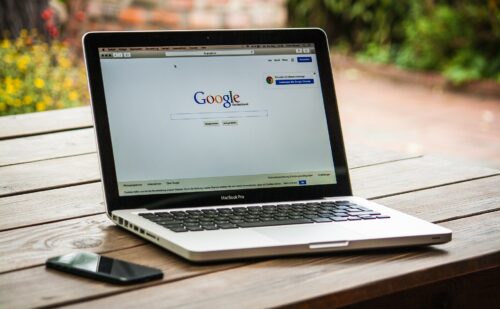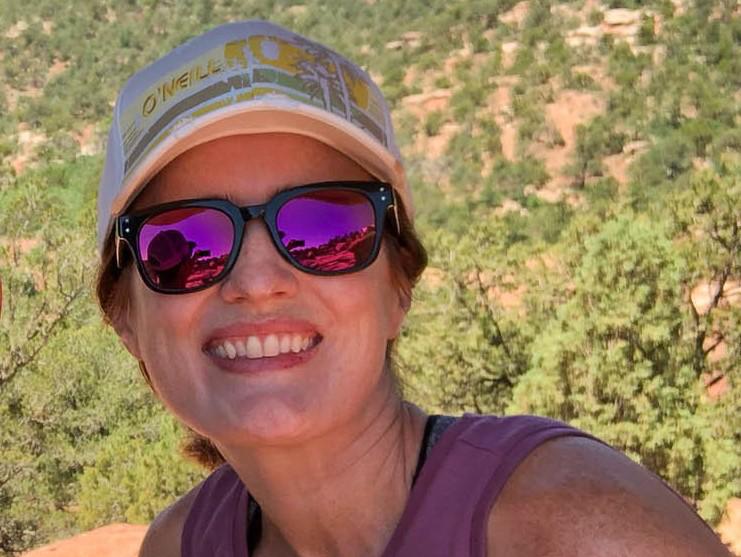by Beks

A reader asked how I manage my internet while on the road so I thought I’d share. I lead a lot of ZOOM meetings and teach classes so it is vitally important to have really good internet. Some campgrounds provide internet but it’s usually only strong enough to check e-mails and it’s unreliable. I can’t count on Starbucks or McDonalds (though both generally have free internet) since the background noise is loud inside and the signal is too weak to use for video conferencing if I’m sitting in the parking lot. Cellular internet has been our only reliable choice.
Our Cellular Service Provider
We had a great deal through T-Mobile but the service was spotty at best the further north and closer to center of the US. We switched one phone to Verizon and kept the other on T-Mobile thinking two providers would cover a larger service area. We discovered that sounds good in theory but isn’t actually true. There was never an instance T-Mobile provided coverage where Verizon did not. In fact, my T-Mobile phone was a useless brick through a large swath of Montana, Utah, South Dakota and Idaho.
We decided to switch all services over to Verizon. Expensive? Without a doubt. We pay way more for Verizon but if I fail to perform at my job and get fired, I’m in a mess of trouble so we deal with it.
Our Set-Up
We have two personal cell phones, one work cell phone, and two hotspots. I need two hotspots since I burn through the allotment for each one in about 2 weeks. Occasionally I’ll burn through both of those before the month ends and I’ll hotspot from the cell phones. There have been a couple months I have burned through 2 hotspots and 2 cell phones. Those are the months the ZOOM fatigue is overwhelming.
We also have a cellphone booster in our trailer. If I only have 1 bar of reception, the booster will kick it to 3 bars, sometimes 4. I only need about 2 bars of reception to run a good video call.
Back-Up Plans
I didn’t have cell reception at one campground in South Dakota. The booster is useless if you can’t get a single bar of reception. Fortunately I knew the area was a black hole for cell service and planned ahead. I reserved a room at a library 10 minutes away and worked from there. If that didn’t work, I was prepared to book at room at a local hotel that had wifi.
Plan, Plan, Plan
I use a website to determine the cell reception for the campgrounds we are staying (campendium.com) and I also look at the coverage area map for my cell phone provider. If there is a conflict in information, I always trust the user/customer provided information, not the cell phone companies who seem to exaggerate their cell strength in certain areas.
If you have the chance to work remote this summer, take it! You can make it work but you need to understand it may be expensive.

Beks is a full-time government employee who enjoys blogging late into the night after her four kids have gone to sleep. She’s been married to Chris, her college sweetheart, for 15 years. In 2017, after 3 long years working the Dave Ramsey Baby Steps, they paid off more than $70K and became debt free. When she’s not working or blogging, she’s exploring the great outdoors.


So, what do you think ?